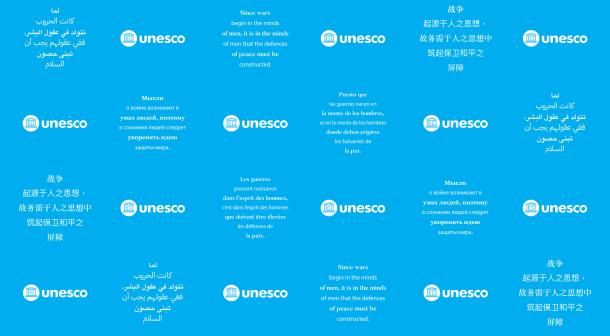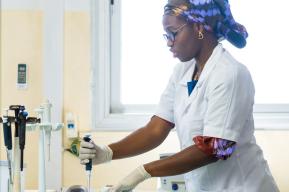News
Eradicate Violence against Women: a Workshop led by UNESCO in Guinea-Bissau

As part of a project covering 3 countries in West Africa (Gambia, Guinea-Bissau and Senegal), the workshop, organized in Bissau from 27 to 28 November 2012, will provide an opportunity to validate the results of several case studies on the social movement of women and violence against women carried out following the "Strengths, Weaknesses, Opportunities and Threats" (SWOT) method.
With the ultimate goal of achieving the implementation of a plan of action to transform the lives of abused women, this two-day workshop, organized in cooperation with the National Commission for UNESCO of the Republic of Guinea-Bissau, will bring together more than thirty participants, mainly policy makers, researchers and representatives from civil society.
It will finalize the results of two case studies launched in 2011 within the framework of a joint project of UNESCO, UN Women and CODESRIA, conducted in collaboration with civil society organizations, according to the method of SWOT analysis that identifies strengths, weaknesses, opportunities and threats of a category of people in a given area: in this case, the social movement of women and gender-based violence.
Based on the results of case studies conducted in Guinea-Bissau, policy recommendations that can be implemented quickly on the ground, will be formulated in the form of a "political document" that will be officially transmitted to the national authorities at the end of the workshop.
Thus, relying on scientific data, taking into account the experience of the populations concerned, these proposed actions aim to contribute to the eradication of gender-based violence by strengthening skills and capacities at the national level.
The idea is to accelerate, monitor and guide social change with a view to establish a genuine equality between men and women in this country, while at the same time promoting female leadership in socio-economic, political and cultural areas.
In addition to Guinea-Bissau, this project, led by UNESCO’s Office in Dakar, also concerns Gambia and Senegal, where similar studies have been conducted in order to achieve the implementation of concrete measures at the national level, while obtaining a representative sample of common and specific mechanisms related to the social movement of women and gender-based violence in the West African region.
The validation workshop of the studies on Senegal was held on 2 and 3 October 2012, while the one on Gambia should take place in December 2012 or January 2013.





